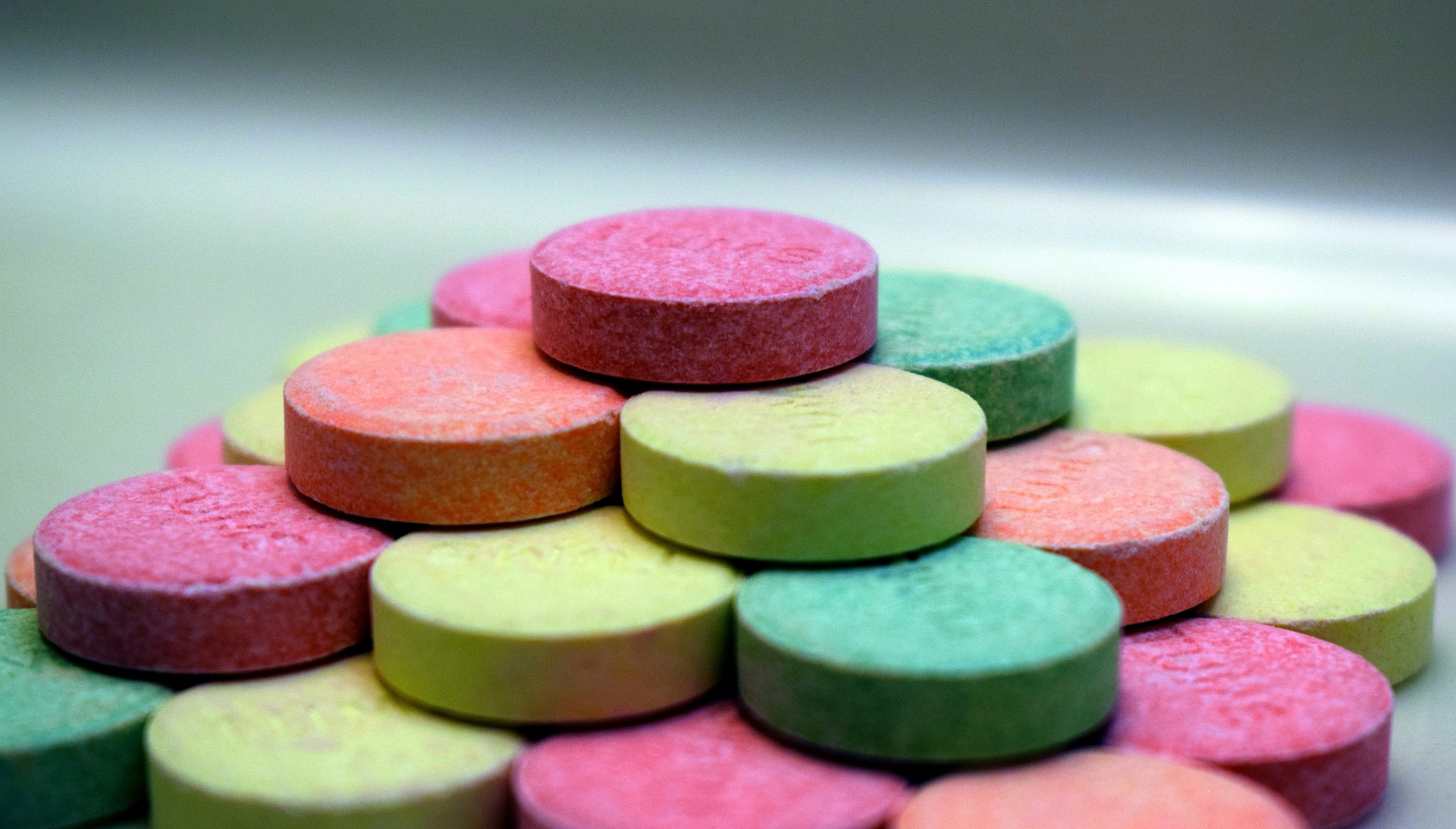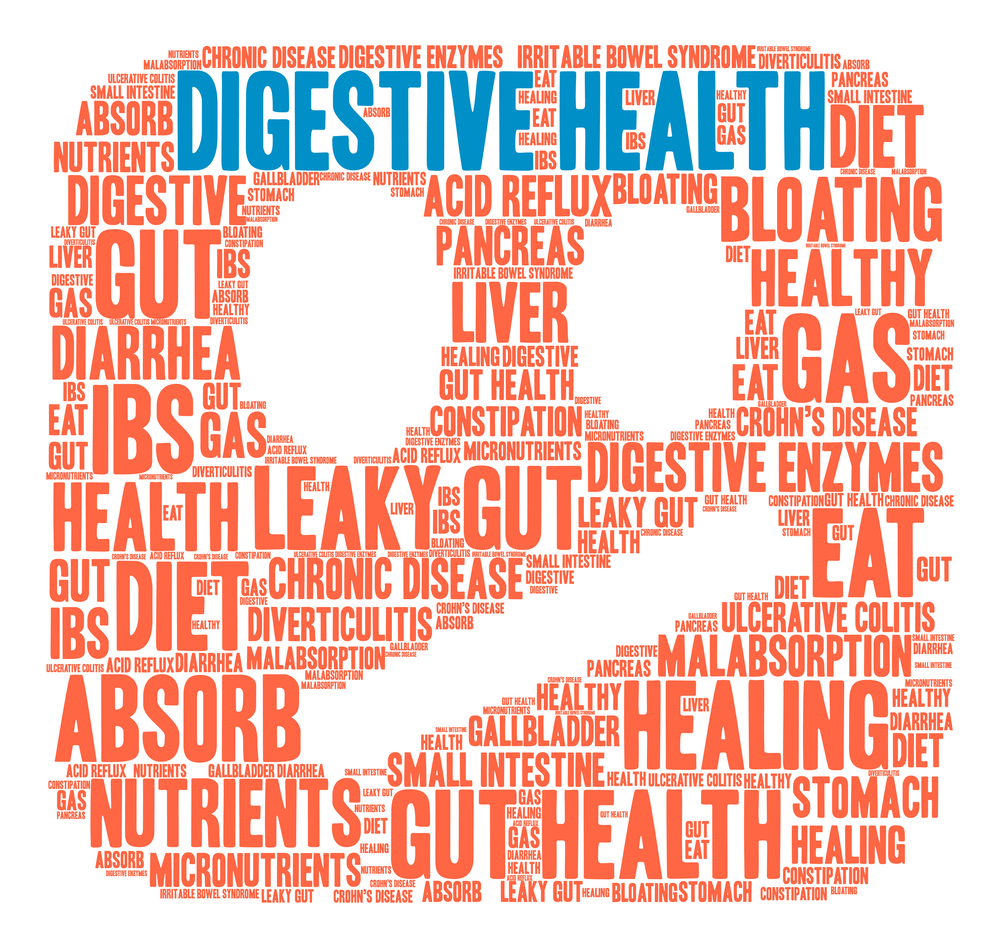Our Blog
5 Ways Baldwin County Residents Can Support Their Gut Health

Issues with your digestive system such as gas, constipation, and heartburn are all an indicator of your gut health and of microbial imbalances. Our gut health is greatly influenced by a few factors such as changes in your gut immunity, good gut bacteria, and stomach acid. This article discusses 5 ways you can support your gut health to keep everything in balance.
#1 Get Enough Sleep
A lack of sleep has been linked to obesity. Obesity is a large contributor to many gut problems and can become a vicious cycle: obesity causes gut problems and gut problems contribute to obesity.
Imbalances in your gut can also lead to insomnia and other sleep disorders. Sleep deprivation has been shown to cause inflammation in your gut and a reduction in good bacteria. It’s important to develop good sleeping habits before sleep deprivation affects your gut health.
#2 Eat the Right Foods
Most Americans don’t eat enough fiber on a daily basis. Fiber from vegetables and fruits is vital to a healthy gut balance. Processed foods and sugar can lead to gut inflammation which impacts your gut flora. That inflammation can make you crave more sugar, which will lead to more inflammation.
Some other good foods to add to your diet to improve your gut health include kefir and other fermented foods such as sauerkraut. If you struggle with bowel problems, it’s important to avoid inflammatory foods.
#3 Exercise
Part of maintaining a healthy lifestyle is to make sure you stay active. Exercise, along with appropriate dietary changes, has a dramatic impact on your ability to lose weight. It also has been linked to improving your gut flora and increasing the good bacteria. Exercise also releases serotonin which helps to improve your overall mood. You can see below how your mood can impact your gut health.
If you live a sedentary lifestyle then your gut flora can improve quickly once you start a good exercise regime. However, your gut flora returns to what it was before you started exercising in just a short amount of time once you become sedentary again. To maintain a healthy gut it’s important to continue exercising.
#4 Lower Your Stress
Stress has long been known to be a trigger for heartburn. The stress response can slow blood flow to your digestive tract, and in turn, slow your digestion. This can cause your food to begin to ferment and produce symptoms of indigestion. News FLash: It’s not that there is too much stomach acid, but often that there is not enough acid for proper digestion!
We’ve all experienced other gastrointestinal problems when faced with stressful situations. There is a link between what’s going on in your brain and what’s going on in your gut. It’s important to find ways to manage or even get rid of stressors in your life for a healthy gut and for a healthy life.
#5 Seek Appropriate Help for Anxiety and Depression
Believe it or not, scientists have found a link between your gut health and your brain. In fact, your digestive system is also known as your second brain. This gut-brain, or enteric nervous system, communicates with the brain in your skull in profound ways.
It signals the release of enzymes, blood flow controls, and nutrient absorption among other things. Scientists have discovered that inflammation in your gut can trigger changes in your mood. This would explain why so many IBS sufferers also wrestle with depression.
Give Us A Call So We Can Help!
If you’re suffering from gut problems then The Gut Authority can help you out. We take a look at how all of your systems are working together so that we can get to the root cause of your issue. Our team can help you restore balance to your gut so you can start living a healthier life! Give us a call today.




